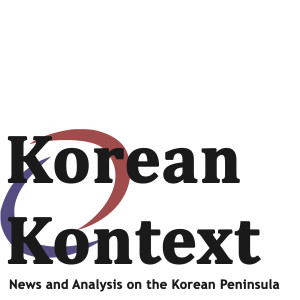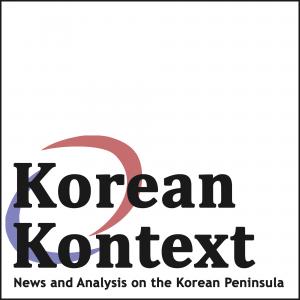
30 years after the fall of the Berlin Wall, people’s aspiration to establish a pluralistic liberal democracy appears to be under scrutiny around the world - anti-immigration policies dominate political discourse in many countries, and strongmen like Viktor Orban in Hungary and Rodrigo Duterte in the Philippines have come to power in nominally democratic countries.
What about South Korea? In 2016 and 2017, the world was witness to millions of Koreans rallying to oust then-president Park Geun-hye who faced allegations of corruption and influence peddling. The so-called Candlelight movement succeeded and a progressive administration under Moon Jae-in assumed the mandate after the impeachment. For a little bit, South Korea appeared to be a global outlier.
However, all is not well - there are simmering tensions when it comes to issues like gender equality and the resettlement of refugees from the Middle East.
Is South Korea perhaps not an outlier after all? More broadly, is South Korea living up to the ideals of liberal democracy?
Our guest today, Johns Hopkins University Ph.D. candidate Darcie Draudt, assesses the health of South Korea’s democracy by examining the evolution of the country’s conception of citizenship and what groups are excluded in the current social contract.
You can find the paper here: http://www.keia.org/sites/default/files/publications/kei_aps_draught_191017.pdf
More Episodes
 2016-02-12
2016-02-12
 625
625
 2016-02-06
2016-02-06
 726
726
 2016-01-28
2016-01-28
 617
617
 2015-12-28
2015-12-28
 619
619
 2015-12-17
2015-12-17
 664
664
 2015-12-11
2015-12-11
 7.8k
7.8k
 2015-12-02
2015-12-02
 1.6k
1.6k
 2015-10-28
2015-10-28
 506
506
 2015-10-20
2015-10-20
 548
548
 2015-10-14
2015-10-14
 744
744
 2015-10-09
2015-10-09
 679
679
 2015-09-18
2015-09-18
 614
614
 2015-09-10
2015-09-10
 899
899
 2015-09-03
2015-09-03
 771
771
Create your
podcast in
minutes
- Full-featured podcast site
- Unlimited storage and bandwidth
- Comprehensive podcast stats
- Distribute to Apple Podcasts, Spotify, and more
- Make money with your podcast
It is Free
- Privacy Policy
- Cookie Policy
- Terms of Use
- Consent Preferences
- Copyright © 2015-2024 Podbean.com






